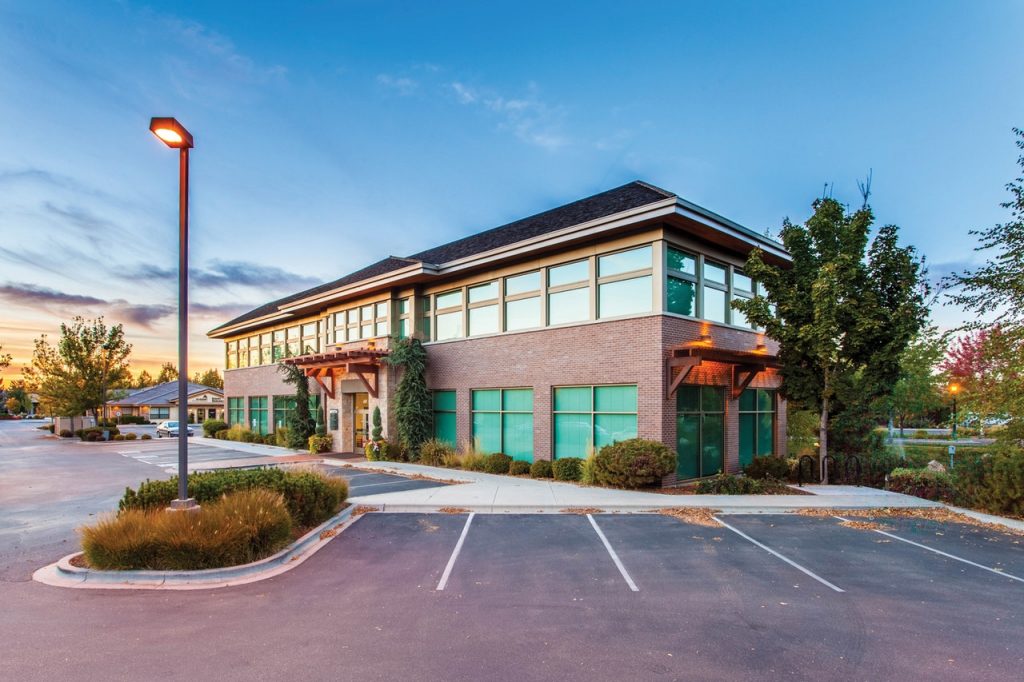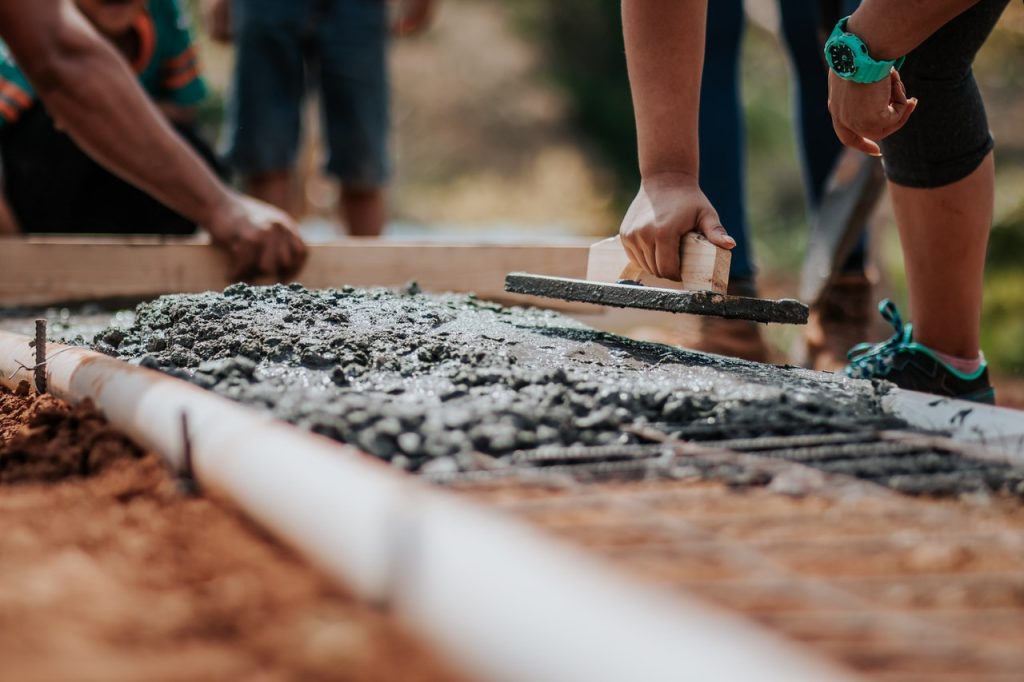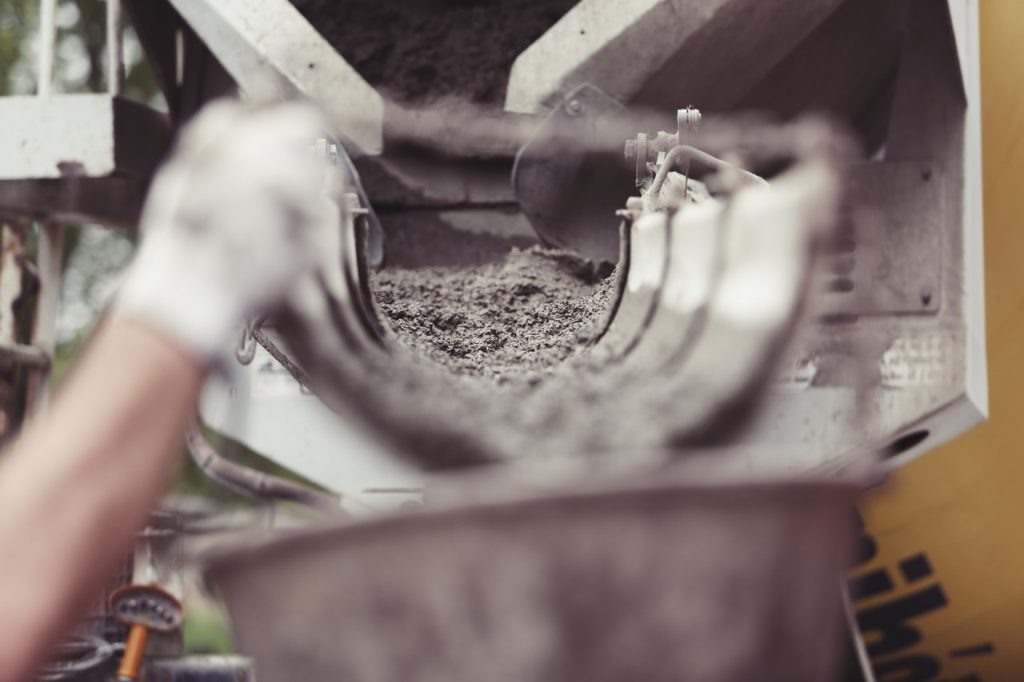If your driveway or car park has seen better days, it could be time for it to be resurfaced. The council will not always be responsible for the road areas around your home or business, especially if it is on your land or rented grounds. Getting new tarmac is easier than you think, and there are lots of companies out there that can help you find a perfect option for your home or business.

What Is Tarmac?
Tarmac is the mixture of fine aggregate materials including tar and macadam. Tarmac is an asphalt road paving material consisting of tar, macadam, and fine sand, originally invented by Scottish engineer John Loudon Mc Adam in the late 1800s and initially patented by Welsh engineer Edgar Purnell Hooley a few years later. Tarmac is the paving of choice for many high streets in the UK and is available in a huge range of thicknesses and colours to suit different applications and styles. It is highly successful and versatile in both commercial and residential areas and can be used to pave the length of most driveways, pave indoor paths and also in some instances on the underside of the road.

Tarmac: Not Just For Roads
The most common use for tarmac is on the roads and tarmac driveways at residential properties and therefore has to be relatively durable and strong. However it can be more vulnerable to cracking due to the pressure applied when vehicles drive over it. If you are planning on using asphalt driveway and tarmac surfacing then you must make sure that the tarmac is sufficiently flexible to cope with the pressures that your vehicle will apply against it. Also you must consider how the traffic will flow through the area as not all roads have the same width or even the same depth of asphalt. For example, if your asphalt driveway is ten feet wide and three feet deep, then you would need asphalt surfacing a minimum of 2 feet deep to ensure sufficient coverage.

The Resurfacing Process
There are several factors that influence the cost of tarmac paving, the first being the material specification of the asphalt driveway and tarmac surfacing you require. Asphalt is one of the easiest to work with but it is also one of the most susceptible to wear and tear so you may want to consider a cheaper alternative such as concrete surfacing or paving. If you are looking to save a lot of money then it may be advisable to use concrete surfacing as the base layer. If you are going to build a fence then concrete may be an option to work with. You can also find tarmac that can be used in conjunction with concrete.

Other Options
If you are looking for tarmac to use on driveways then crushed stone may be an option to consider. Crushed stone has a number of advantages over asphalt and this includes the fact that it is easily handled and moved. You can also find tarmac that is similar to crushed limestone however this option can be quite expensive and is not recommended for smaller projects. Most people opt for traditional tarmac, which is similar to asphalt for both cost and durability. There are many different materials that can be used for tarmac driveways including pergola and concrete, which are the most common. Pergolas are commonly used on houses as they add a certain style to the house and provide a safe and hygienic surface for children to play on. Tarmac is a relatively cheap alternative to asphalt paving and is one of the most commonly used alternative driveways in the world.

Summary
You will often find that tarmac driveways are cheaper than asphalt ones. This is because tarmac is cheaper to manufacture and also easier to handle and move around. You will also find that tarmac is much more durable than asphalt and is much better for the environment too. It is one of the most environmentally friendly options available and is widely used in countries around the world including the UK. In the UK, tarmac is frequently used on local streets where pavement is not guaranteed to be fine enough for walking on so it is a cheap and practical alternative for drivers.

Sarah writes about luxury travel experiences, with a focus on unique accommodations and the charm of railway carriage stays.




